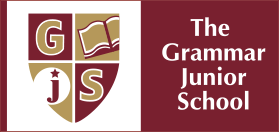CLASS 2
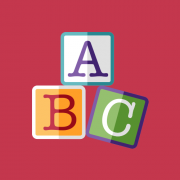
ENGLISH
Oral language
Pupils are encouraged to listen attentively and to participate in group discussions. They are taught to speak audibly and fluently with an increasing command of the English language. They are also taught to listen to others in class, to ask relevant questions and to follow instructions.
Spelling and Phonics
Pupils are taught to spell high frequency words automatically. They learn to apply the graphemes taught to spell correctly. They are encouraged to apply spelling rules when they are writing independently.
Creative Writing
Pupils are taught to express themselves through written form. They are taught to write simple sentences using correct sentence structure (subject, verb, object.). The pupils are taught to organise paragraphs and their stories should have a beginning, middle and end.
Pupils are taught how to proof read their work for errors in grammar, spelling and punctuation.
Reading and Comprehension
Pupils read individually and in groups daily. They visit the library once a week and learn about authors and illustrators.
Pupils are given a variety of passages to develop their comprehension skills. They are exposed to fiction and non-fiction passages, fairy tales and poetry. They develop a pleasure in reading. They read books on a daily basis and are encouraged to read with expression and to use appropriate intonation. They learn to identify inferred clues, and to predict what might happen next in the text.
Grammar and Punctuation
In their grammar lessons pupils are taught to punctuate correctly. They learn to identify adjectives to describe nouns. They learn to identify verbs as doing words and to use the present and past tense correctly. Pupils are taught adverbs, articles, conjunctions and prepositions.
MATHEMATICS
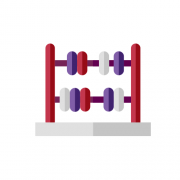
Number and Place Value
Pupils are taught to recognise the place value of each digit in a two-digit number and to know the value of tens and units. They begin to partition numbers into hundreds, ten, and units. They learn to estimate objects up to 100.
Multiplication and Division
Pupils learn to count in 2’s, 5’s and 10’s. They are introduced to multiplication and division.
Statistics
Pupils are taught to interpret and present simple pictograms and Venn diagrams.
Problem Solving
Pupils are taught problem solving strategies.
Addition and Subtraction
Pupils rehearse addition and subtraction facts up to 20. They learn to use a number chart to add and subtract 1s and 10s. They learn to add and subtract quickly and with competence.
Measurement
Pupils learn to measure and estimate lengths using meters and centimetres. They learn to estimate and weigh in grams and kilograms and to measure in litres and millilitres. They are taught to tell the time from an analogue and digital clock (o’clock. half past, quarter past and quarter to). They learn the number of minutes in an hour and the number of hours in a day.
Geometry
Pupils learn the names and properties of 2-D and 3-D shapes and identify whether angles are greater than or less than a right angle. They learn to use a line of symmetry.
Fractions
Pupils are taught to find half of a number and to recognise halves and quarters of shapes.
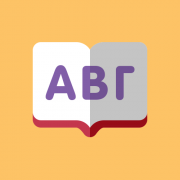
GREEK
The Greek lesson in the Grammar Junior School is of equal importance to the English lesson for the Greek-speaking pupils. We follow the guidelines set and use the books provided by the Cyprus Ministry of Education and Culture. The objective of the lesson is to learn the Greek language through Reading, Writing, Grammar and Vocabulary. Through the Greek lesson our pupils also become familiar with and learn to appreciate Cyprus history, culture and traditions.
In class 2, pupils enhance their reading skills and learn to write their first compositions based on their experiences. They are encouraged to use their oral skills as well as develop their imagination.
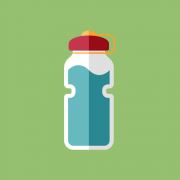
PHYSICAL EDUCATION
Fitness skills are acquired through positive play experiences. Pupils come into contact with sports like basketball, baseball and shot-put by using age appropriate equipment.
Coordination and balancing skills are enhanced by practising long jump, hurdles and wall climbing. They also learn the basic strokes in swimming.

SCIENCE
Living Things and Non-living Things Around us
Pupils learn to identify and label the parts of the human body and face as well as the characteristics of living things and non-living things.
They learn about the stages of the human cycle.
The Five Senses
Pupils are taught the five senses and how each one helps us.
The Water Cycle
Pupils are taught that all living things need water and about the water cycle. They conduct experiments.
Animals
Pupils are taught the similarities and differences between plants and animals. They learn about the characteristics of animals and their habitats. They are taught the different animal groups including fish, mammals, amphibians and birds.
Healthy Eating and Personal Hygiene
Pupils are taught about the five groups of food, nutrition and exercise. They also learn about personal hygiene.
Plants
Pupils learn the parts of plants and what they need to grow. They learn to identify deciduous and evergreen trees,
Every Day Materials
Pupils learn to identify everyday materials including wood, plastic, metal, water and rock.
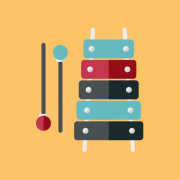
MUSIC
Pupils are taught to experiment and create music and to use their voices expressively by singing songs and nursery rhymes. They have fun making their own musical instruments from recycled materials.
They are encouraged to listen with concentration to recorded music. They also have the opportunity to take part in the choir at Christmas time.
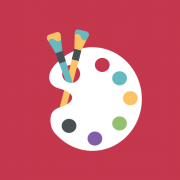
ART
Pupils are presented with opportunities to explore, create and express themselves in the areas of painting, printing, drawing, collage and modeling using clay and play dough. They work independently or in small groups using a variety of materials. They are supported by an adult but we never diminish their creativity by telling them what to do.
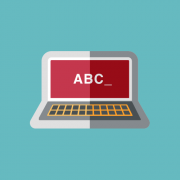
COMPUTERS
Our pupils follow the six year Funecole Programme and are taught the principals of information and computation, how digital systems work and how to put this knowledge to use through programming so they become active participants in a digital world.
